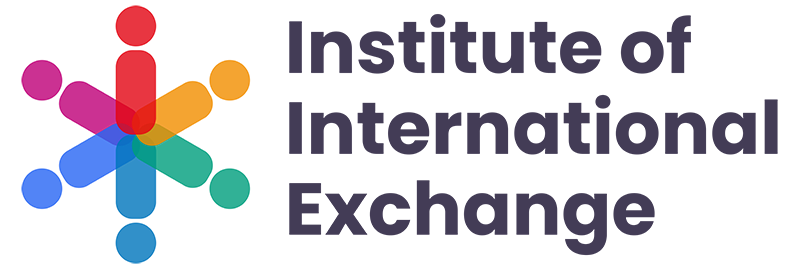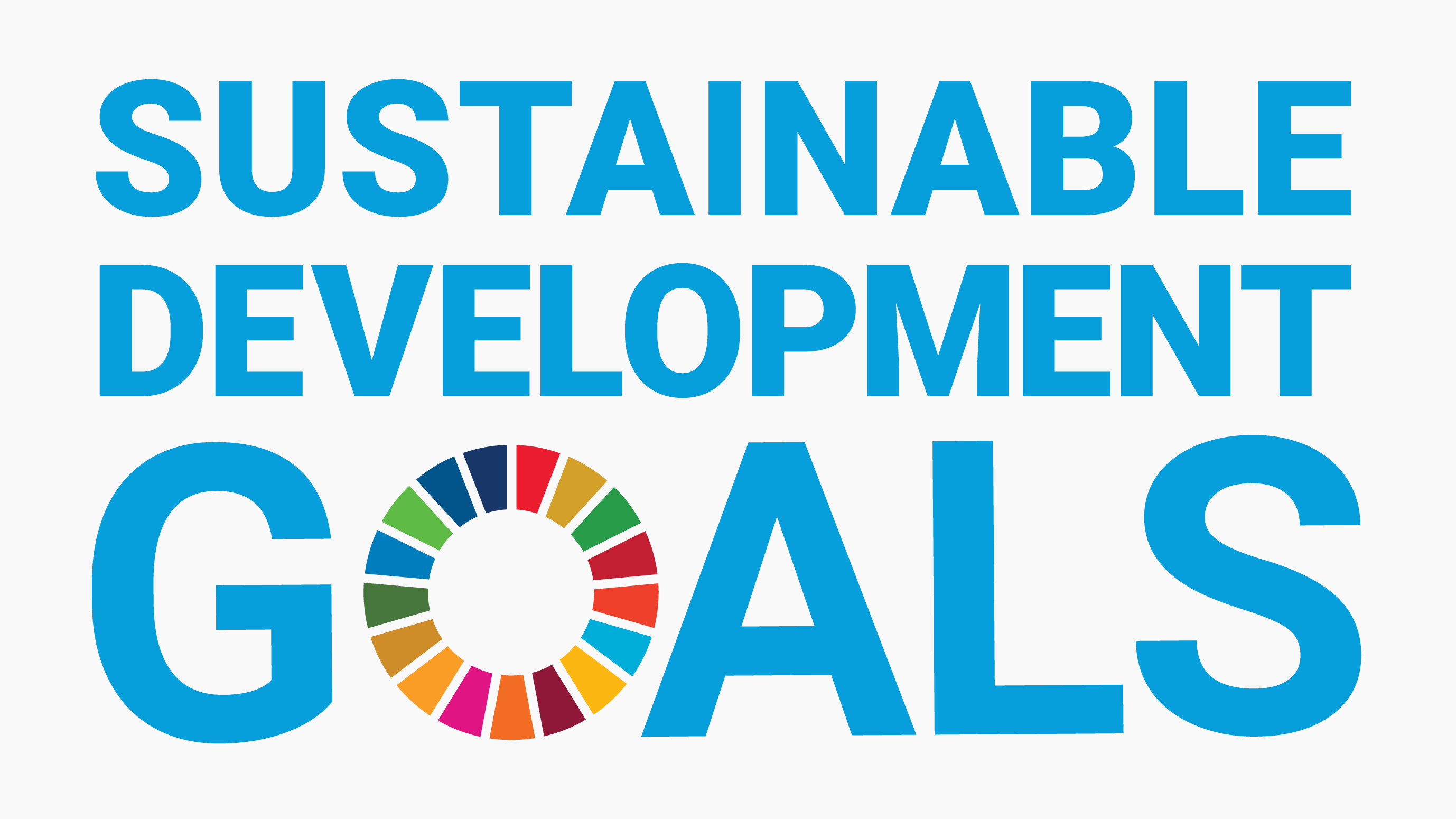Haiti, battling against the COVID-19 epidemic below the poverty line

Poverty is a widespread global concern and urgent need, with the proportion of people living in extreme poverty declining globally from 36% in 1990 to 10% in 2015. But the 2019 COVID-19 epidemic outbreak threatens to reverse decades of progress in poverty eradication.
Haiti’s poverty levels are often considered the worst in the Western Hemisphere, with the World Bank having estimated in 2001 that about 78% of the population was living below the poverty line, with an annual per capita income of $1,943 in 2021. Haiti is on the low human development index and is one of the world’s least developed countries.
Why is Haiti so poor? Five hundred years ago, Haiti was one of the richest islands in the world, known as the “Pearl of the Antilles”. While with the advent of colonialism, colonial rule laid the foundation for Haiti’s poverty. Second, after independence, Haiti failed to establish effective democratic institutions, and the political situation was turbulent, with dictators coming to power and being overthrown. Third, the single economic structure remained unchanged for a long time. In Haiti, the unstable political situation, the low capacity of capital accumulation, the poor infrastructure, and the massive brain drain have kept Haiti’s industry from developing for a long time, and the mono-economic structure based on tropical cash crop cultivation has continued until today.
The ravages of the epidemic have undoubtedly worsened the poverty in Haiti. 124 intensive care beds, 8 trained hospitals, 64 ventilators – these are all the “weapons” Haiti has to fight against the epidemic. The lack of clean water, the lack of access to news, and rampant gang violence – this is the norm for the Haitian. In this one of the poorest countries in the world, people are battling against the COVID-19 epidemic in a power struggle.
Since the outbreak of COVID-19, the Haiti government has taken measures to close schools, close national borders, suspend flights, and ban parties, with some success. However, the epidemic has led to increasing hardship and discontent with the government, with many demonstrations, violent crime and a deteriorating security environment. As one of the few countries in the world that has not yet vaccinated its population, the epidemic in Haiti is difficult to control.
To a certain extent, these problems have inhibited the inclusive economic and social development of Haiti, but they have also provided valuable practical lessons for other countries. We will continue to monitor what Haiti has done to combat poverty, and will continue to organize and summarize the lessons learned in order to explore the paths of poverty alleviation that are suitable for more countries.
About Us
Institute of International Exchange is an international non-governmental and non-profit organization. We hope to build an equal and friendly platform for exchanges and cooperation around the world.
© 2023 Institute of International Exchange




